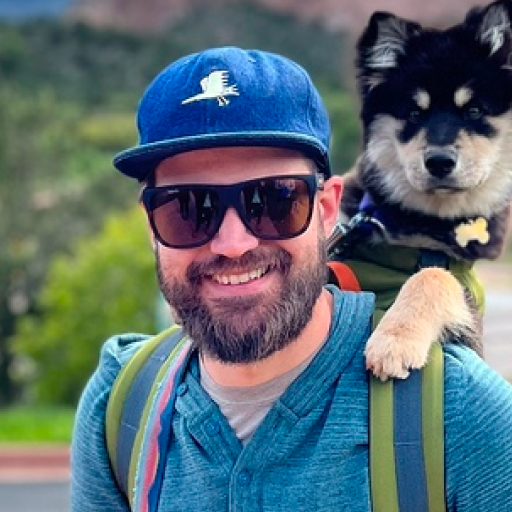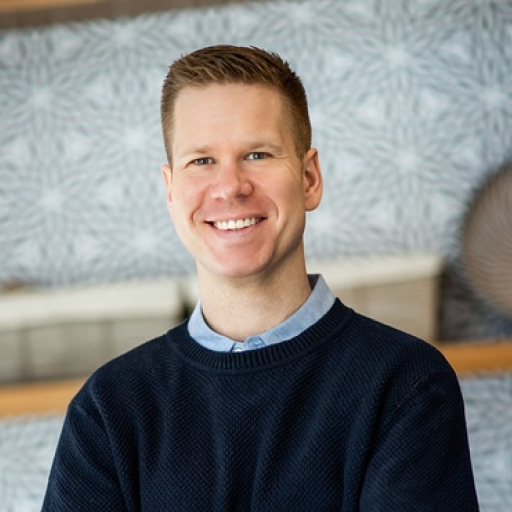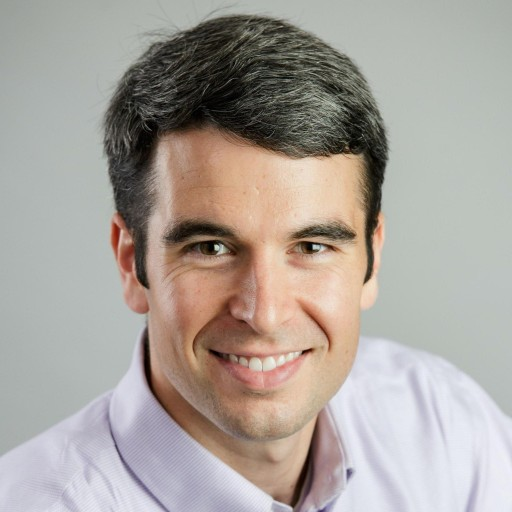Origins
Over the course of our lives, Dan, Harrison, and I began to realize that we were becoming unemployable. This was a few years ago for Dan and I; Harrison's unfettered love of problem solving had already brought him to his solo consultancy (Haresoft) back in 2016. Our perceived inability to be employed was not a matter of quality. We had been well regarded and had reached various senior positions over the course of our careers, but had begun to discover specifically what we wanted in our work. It was breadth: to act from customer interview to design, through engineering to delivery, and back. And it was what we thought it meant to build good software products at a sustainable pace in a psychologically safe environment.
We had begun to discover specifically what we wanted in our work. It was breadth: to act from customer interview to design, through engineering to delivery, and back.
I don't mean to say that we were in constant conflict with our employers, or that we regard them or their decisions poorly. We were not interested in setting our careers on a path to ascend an org chart such that it became any of our responsibility to decide how things should function. Advice has to be asked for in order to be valuable, and it was not our job to give it. Still, we had formed our opinions and despite attempts to keep them flexible (see the Truman Opinion Zone™), regular employment had started to chafe. We were figuring out what to do next.
Common narratives related to starting a business often speak to ambition or to an intense personal drive that precludes any other possibility. Neither of these are me, and I don't think they're especially Dan or Harrison either. The three of us had been working together for a while and we had discovered that we shared a specific common thread: that our personal relationships in the context of work mattered a lot to us, that we'd been extremely fortunate in finding one another, and that we wanted to keep building stuff together. Harrison put his thoughts in a document that we look back on fondly, the "Software Partnership Pitch." Collaborating on this document lead directly to Go Between.
Our personal relationships in the context of work mattered a lot to us, that we'd been extremely fortunate in finding one another, and that we wanted to keep building stuff together.
How to name a company
Dan, Harrison, and I are all interested in the various ways that technology products can support genuine human interaction. We'd been working on a related project called Musicbox in our spare time and our first step as a joint venture was to move its GitHub repositories out of my personal account and into a shared organization. Names are pretty hard, and we were bouncing between thesaurus.com and GitHub's new org form looking for something in the realm of human connection that hadn't been taken. Kindred, kin, folks, liaison, messenger, go between. A bit of an odd phrase, but unused. We snagged it.
Later, we were filling out our LLC paperwork on LegalZoom (we'd considered Stripe Atlas but Harrison already had experience incorporating so we figured we could save a few bucks) and while I don't remember the exact words I know that the "Company Name:" conversation was quite short. We figured we could always change it later (it's too late now — I have a Go Between branded hat), and it anyway fit pretty well. Our use of technology is among its best when it facilitates real relationships, and separately as a matter of our day-to-day work we'd become very good intermediaries between business, product, and engineering teams.
So Go Between was born as an LLC (taxed as an S Corp) with three equal partners and not a lot of additional bylaws. Technically I believe one document gives Dan 33.34 percent because fractions and floats and web forms are also pretty hard.
Hello, world
Really liking the folks that you're working alongside is not quite enough to hold a company together; it's also important to agree on all of the rest of the operational procedures. Like how you're going to make money to support your various cat, dog, tiny baby, mortgage, and coffee dependents and dependencies. Harrison had been solo consulting for five years and enjoyed always having something new to think about. We all love problem solving, and building things, and Dan and I specifically were really interested in continuing to build products for people.
I wouldn't say that we are overly risk-averse, but I would say that we are deeply uninterested in the type of life that soliciting venture funding, or lighting our savings on fire to fund a runway for some all-consuming business idea, would bring. A little later in our company history we started doing regular book clubs through Marginal, and Paul Jarvis' Company of One summed up where we had landed: starting a chill company where we could do work we found fulfilling and which had a strong sense of what was "enough" for us.
We started Go Between as a hybrid consulting/product business...with 75% of our working hours [on consulting]. The other 25% are spent on activities for Go Between and on product development.
So we started Go Between as a hybrid consulting/product business. Consulting with companies for product & technical leadership, product discovery, and team augmentation, has given us opportunities to solve problems across a variety of domains, to work with a lot of great folks, and has allowed us to continually pay our bills. We do that with 75% of our working hours. The other 25% are spent on activities for Go Between (like writing, hi!), and importantly on product development. We built Marginal that way, and now we're trying out other ideas — like a take on incident management. Our eventual goal is to find traction with one or more products and to swing the balance of our time toward product development bit by bit.
Happily so far after
I'm deeply grateful to have found my way to working with Dan and Harrison here at Go Between. I am writing this a few years into our collective history and I'm not surprised to be able to say that we still exist within the human condition: that there better times and worse times; that we have tried and failed and tried and succeeded; that we've learned; that we've invested in our relationships and have so strengthened them.
We've found it a lot harder to launch products on a few hours per week than we expected, and we haven't yet made progress with adjusting our time split. That we have to market, position, copy-write, and execute other tasks outside of our wheelhouse — building things — is part of the difficulty. Part comes from the various mistakes we've made with our strategies and types of tools we've tried to build. And part is that time taken off for appointments, or to head out a bit early for the beach on a Friday afternoon, usually comes from our small supply of Go Between hours rather than our billed time. Life is (among the myriad) a series of trade-offs and I appreciate that we get to trade for flexibility. We'll write more about this another time.
The value of our principles is not in their rigid application; they are better used to creatively inform how we respond to the varied, wild, wacky, situations that life presents.
It might also be said that consulting with other folks' businesses is not the wildly free activity that we may have imagined as we contemplated our impending unemployability. That's alright. Consulting is still fun and satisfying, and we derive fulfillment from delivering a ton of value to the companies we work with. And anyway the value of our principles is not in their rigid application; they are better used to creatively inform how we respond to the varied, wild, wacky, situations that life presents. And, as it's been said, you can't always get what you want. But we are working to get what we need.
Thanks for your time and attention.


